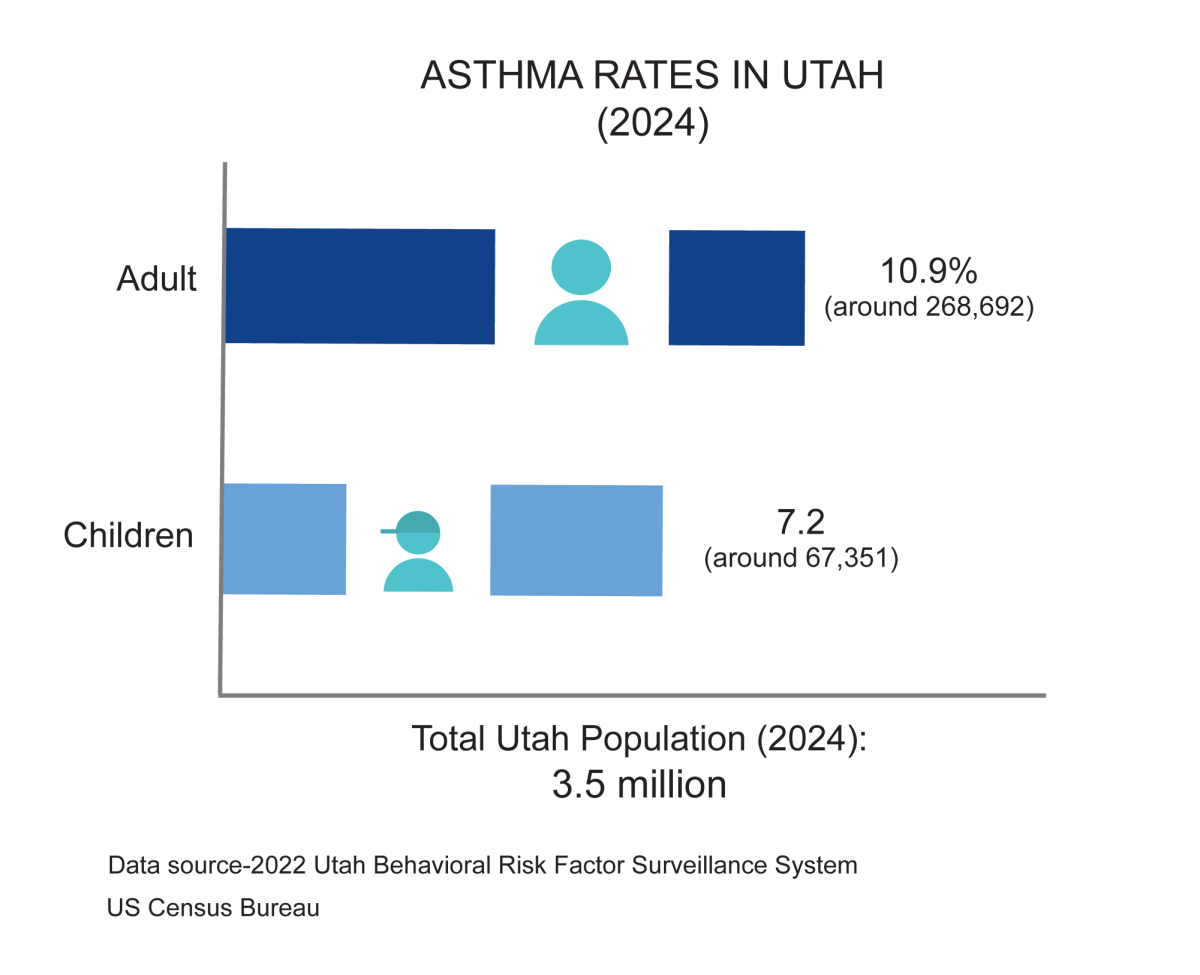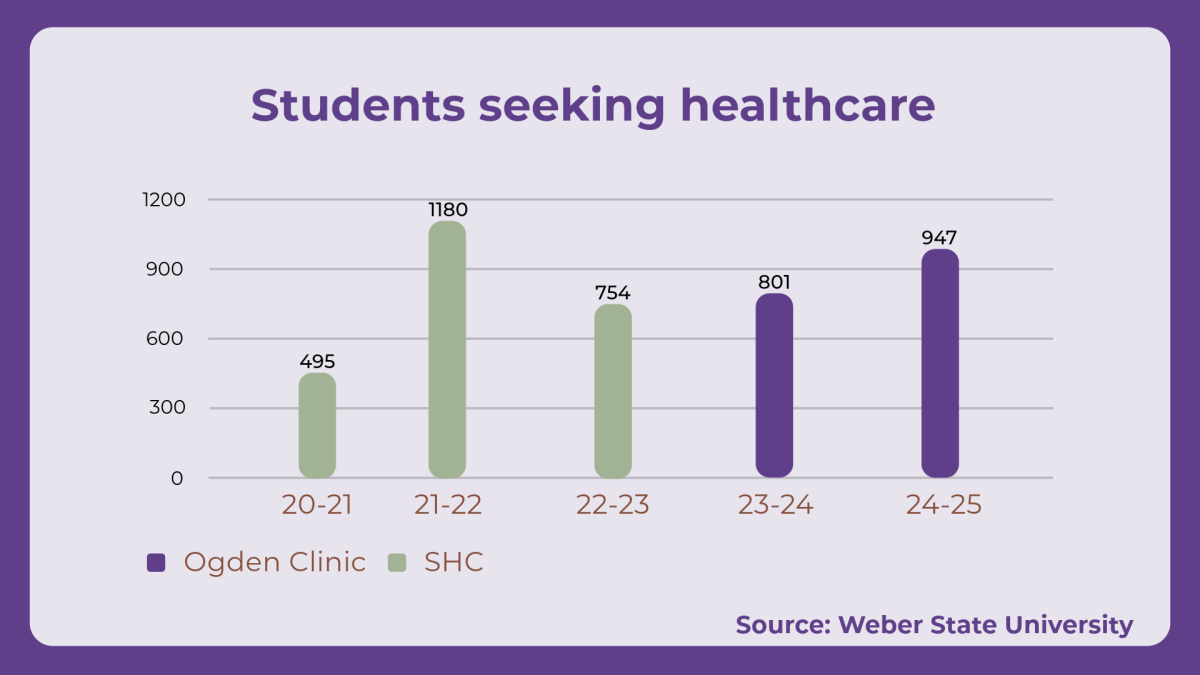A topic mentioned in the media for the past several years has been whether raising a tax on soda could help curve the nation’s obesity epidemic. The New England Journal of Medicine released a study stating that the consumption of sugar-sweetened beverages is tied to the risks of obesity and diabetes.
The NEJM proposes an excise tax on sugar-sweetened beverages to reduce consumption while also lowering health care costs and generating income.
“I don’t drink soda often,” said Maddison Spainhower, a Weber State University junior. “Even if it was taxed, I don’t think it would prevent me from buying a drink.”
The NEJM suggests that income gained from the tax may be used by the government to contribute to health care programs throughout the states.
“It would be a good idea if revenue generated went to health care programs; I feel like we are surrounded by some drinks that are horrible for your health,” said Sergio Benson, another WSU junior.
According to the NEJM study, the revenue-generating potential on a soda tax of $0.01 per ounce could earn $14.9 billion in one year. An online calculator located at Yale Rudd Center reported that, in Utah alone, a tax at $0.01 per ounce could generate revenue of $107,508,630 in 2013 based on the projections of beverage consumption in the past.
“If Utah started taxing soda, it would be crazy,” Benson said. “Especially as a college student, we don’t need to be paying more for things.”
According to the Tax Foundation Research group, a taxable drink is sweetened with a sucrose agent. The most common forms of sucrose used in the U.S. are sugar and high-fructose corn syrup. Beverages that contain forms of sucrose include carbonated sodas, fruit drinks, sport drinks, ready-to-drink tea and coffee, flavored water and energy drinks. Some states require beverages to be 10-50 percent fruit juice in order for the drink to be exempt from the possible tax.
As of right now, drinks with artificial sweeteners made of aspartame or saccharin, which are used in Diet Pepsi and Diet Coke, are not subject to the tax.
“I wouldn’t start drinking diet drinks over normal soda even if it was taxed,” said Brea Stokes, a WSU freshman. “Diet drinks have such a bad aftertaste.”
The Tax Foundation rejects the idea that an excise tax on soda would reduce the health risk of obesity and diabetes. Arguments against the tax are that it would unfairly burden those who enjoy soda but might be living a healthy lifestyle, and that the tax could turn consumers to other drinks that might be higher in calories than soda.
The foundation puts forth that the solution to America’s obesity epidemic won’t come from a tax, but that it must come from consumers making informed decisions about what they choose to eat or drink.
This November, residents of Richmond City, Calif., will see the soda tax on its ballots. The ballot will also ask voters how they would like to see revenue gained from the tax. If the tax passes, it will be the first city in the nation to do so, possibly setting the stage for other cities to follow.
“I feel like soda would be hard to tax,” Benson said. “But I’d support it, especially if the tax could cause people to choose healthier drinks instead.”


















